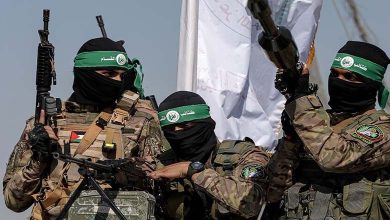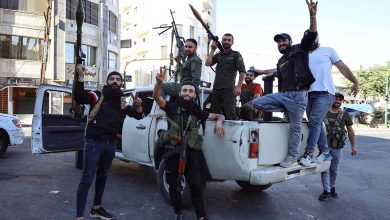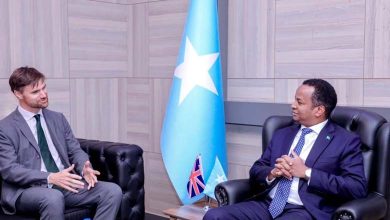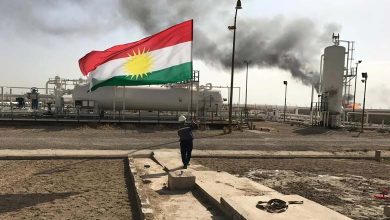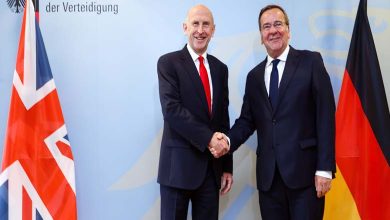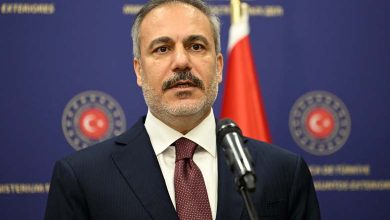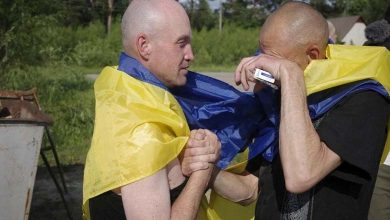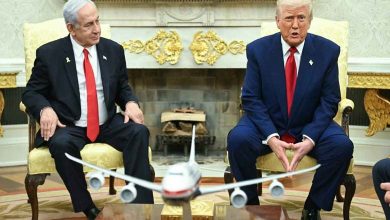Details of Washington’s Diplomatic Return Plan to Libya on Congress’s Agenda
The United States' marginal presence in the Libyan crisis and in Africa in recent years has allowed the Russians to fill the void and enhance their influence in the region, known as the southern flank of NATO
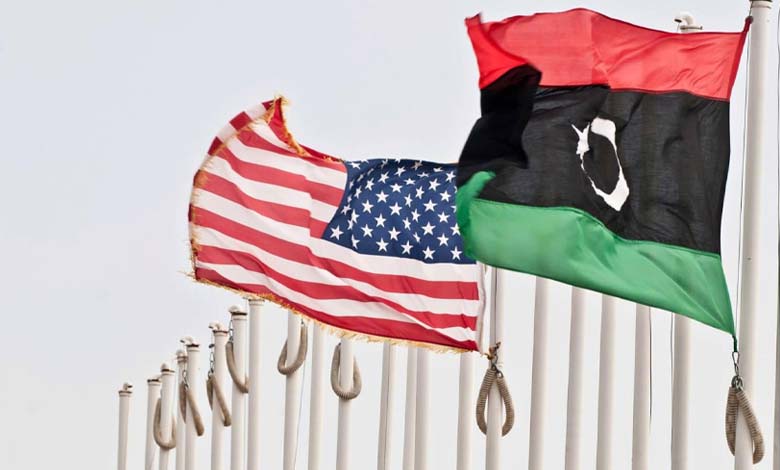
Last week, the administration of U.S. President informed Congress of its plan to resume its diplomatic presence in the Libyan capital in a process that could take time to allocate a temporary diplomatic facility in Tripoli. This comes after years of Washington monitoring the Libyan file from diplomatic offices in neighboring Tunisia, according to a U.S. State Department official.
This indicates an American desire for greater presence in the Libyan capital and to work more on pushing forward UN efforts related to the political track, stabilizing the situation, holding national elections to fortify the Libyan state, unify the country’s institutions, and put an end to years of chaos.
However, American action also comes to counter the growing Russian influence in Libya, considered one of the major gateways to African depth for Western influence. This became evident since Russia decided to enhance its diplomatic, security, and economic presence in African regions traditionally considered Western spheres of influence.
According to the same source, the administration of Democratic President Joe Biden has requested an allocation of $57.2 million from the 2025 budget to finance a larger diplomatic presence in Libya, including costs for property, travel, and security for the facility located in the outskirts of the capital Tripoli.
This facility will be unofficial, according to the same source, who specified that it would not serve as the headquarters for the U.S. embassy but would be used by American diplomats currently operating from neighboring Tunisia.
The American site cited an anonymous diplomatic source who said, “There is no substitute for continuous on-the-ground communication with relevant parties in Libya. We have taken enough time to carefully plan this important event. It’s an extremely complex mission to resume operations.”
The United States evacuated its diplomatic personnel in 2014 under military escort following violent clashes between rival parties, first to Malta and subsequently to Tunisia, where they have been working since in what is known as the “Libyan External Office.” Washington has not had an embassy in Libya since evacuating its personnel.
U.S. remote diplomacy has not allowed for effective action in Libya, requiring a physical presence on the ground to monitor developments, establish stronger and broader relationships with Libyan parties. The return to active diplomatic status will require a prolonged realignment of American diplomatic efforts in Libya and the rebuilding of reliable relationships with all parties, while maintaining a distance to avoid favoring one party over the other and thus avoid any tensions that could disrupt its diplomatic mission on Libyan territory.
The United States has failed to effectively implement remote diplomacy in Libya, as it requires a real presence on the ground to monitor developments and build stronger and broader relationships with Libyan parties. Meanwhile, former U.S. Ambassador Richard Norland acted as a special envoy to Libya, regularly making visits between Tripoli and Washington.
The Monitor website pointed out that the return of the United States to an intensive diplomatic presence on the ground in Libya could become a contentious issue between the two major parties, Democrats and Republicans, given that the attack on the Benghazi diplomatic compound, in which U.S. Ambassador Chris Stevens and three other Americans were killed in 2012, increased scrutiny of diplomatic operations abroad. This also launched one of the most costly and partisan investigations in congressional history.
The same source said that even after many members of the House Select Committee on Benghazi, including Mike Pompeo and Trey Gowdy, left their positions, “the events of Benghazi continue to influence many Republicans in the House of Representatives.”
According to the same diplomatic source, the U.S. State Department outlined in its plan for embassy operations, which took two years to develop, “clear guarantees to ensure the smooth conduct of diplomatic operations safely and effectively.”
He added, “The U.S. State Department closely coordinated and informed relevant committees in Congress about the security and logistical arrangements at the luxurious Palm City complex in the Janzour district of Tripoli, where the United States currently leases several properties,” this complex resembling Baghdad’s Green Zone, where Western diplomatic missions are located, including the European Union, the United Nations, Japan, South Korea, and Egypt, as well as oil companies and non-governmental organizations.
This complex was chosen for its proximity to the Mediterranean coast and its ability to be rapidly evacuated in emergencies by sea.
According to the same source, the U.S. State Department has identified several key interests that necessitate the restoration of diplomatic presence in Libya, including support for UN efforts for transparent elections, as well as promoting commercial and investment opportunities for the United States, and preventing Libya from being affected by the growing wave of instability in the coastal region.
Additionally, the growing Russian influence in Libya and Africa has prompted U.S. consideration of a direct presence on the ground in the region known as the southern flank of NATO.
In recent years, it has become evident that the U.S. diplomatic role in this region is marginal compared to Russian action, with Moscow working to strengthen its influence by deploying the Wagner mercenary group in Libya.
Former UN Special Envoy to Libya Stephanie Williams highlighted the American diplomatic vacuum in Libya by stating, “It seems that the Russians are enhancing their presence. Libya was never at the top of Washington’s priority list. The United States has not been there for many years, but you have to start somewhere. And the best place to start is an embassy on the ground.”
Moscow quickly sought to fill the diplomatic vacuum left by Washington, with its ambassador to Libya, Haidar Aganin, fluent in Arabic and described as “very active.”
After setting up an embassy on the ground, Washington will need several months to reorganize its diplomatic cards in Libya and rebuild reliable relationships with all parties, while maintaining a distance to avoid favoring one party over another and thus avoid any tensions that could disrupt its diplomatic mission on Libyan territory.



